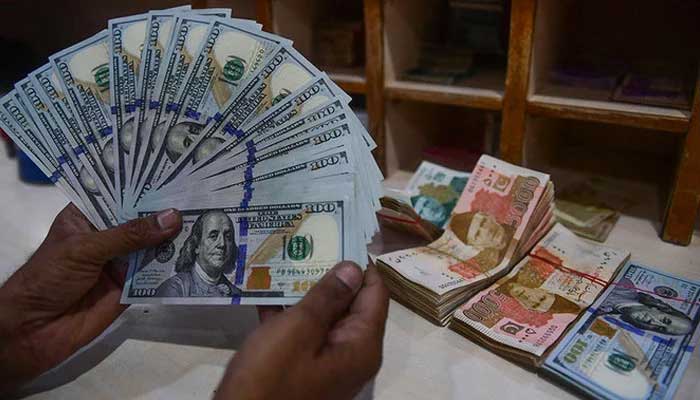Billions Lost in Procurement Scandal Involving Shoes, Ice, Uniforms, and Boats in Pakistan’s Law Enforcement Agencies
A major financial scandal has emerged from the Ministry of Interior’s audit for the fiscal year 2023–24, revealing that billions of rupees were misspent by civil law enforcement agencies under its control. These irregularities include the unauthorized purchase of shoes, thermal trousers, uniforms, advance payments for undelivered boats, and excessive procurement of ice and food items.
According to the audit report, serious violations of procurement rules were committed by various departments, including the Pakistan Rangers, Frontier Corps, and Pakistan Coast Guard. The report exposes a troubling pattern of non-transparent spending, favoritism towards specific suppliers, and frequent disregard for financial regulations.
One example is Punjab Rangers, which awarded contracts worth Rs. 43 million for woolen socks and sleeveless vests to companies that failed to meet technical standards. Despite the shortcomings, the technical committee approved these bids, which the audit described as an “unjustified concession” and called for an inquiry and accountability, including action against a Ministry of Interior official.
In another blatant breach, a contract worth Rs. 45 million for joggers was awarded to a non-qualified supplier, and auditors recommended a fact-finding probe. Even more alarming was the Pakistan Coast Guard’s advance payment of Rs. 560 million to a private company for boats that were never delivered within the four-month contract period, ending July 23, 2024. As of January 2025, the boats still had not been supplied, prompting the audit to demand penalty recovery.
The scandal extends to food procurement, where Frontier Corps North KP spent Rs. 7.8 billion on meat, milk, chicken, and cooking oil without fresh tenders, instead extending past contracts with inflated prices. An additional Rs. 2.3 billion was spent on vegetables, fruits, firewood, animal feed, and other items through similarly unauthorized extensions.
In Dera Ismail Khan, FC South paid Rs. 297 million in advance for shoes, vests, socks, and thermal trousers that were not delivered on time, allegedly to avoid budget lapses. Another Rs. 61 million was spent on 20,847 pairs of shoes from a supplier previously flagged for substandard quality in a Rs. 46 million contract.
The audit further uncovered Rs. 43 million spent on ice purchases without justification. Sindh Rangers awarded Rs. 73 million in uniform contracts but failed to conduct lab tests for fabric quality, casting doubt on transparency and standards.
One high-value case involved Chilton Rifles FC North, which paid Rs. 1.8 billion in salaries and allowances through a private bank without any competitive bidding is a serious breach of financial procedure.
Although some of these purchases, like socks, vests, and ice, may seem minor individually, collectively they represent a vast misuse of public funds. The repeated nature of the violations raises concerns about persistent loopholes and a lack of accountability in Pakistan’s law enforcement procurement systems.
The audit report calls for multiple inquiries and strict disciplinary actions, but the critical question remains: Will those responsible ever be punished, or will another year pass with no consequences?
Despite efforts to get an official response from the Ministry of Interior regarding these findings, no reply was provided by their media wing after multiple reminders. However, the door remains open for a statement, as the published report is based solely on the government’s audit.



Comments (0)
No comments yet. Be the first to comment!
Leave a Comment